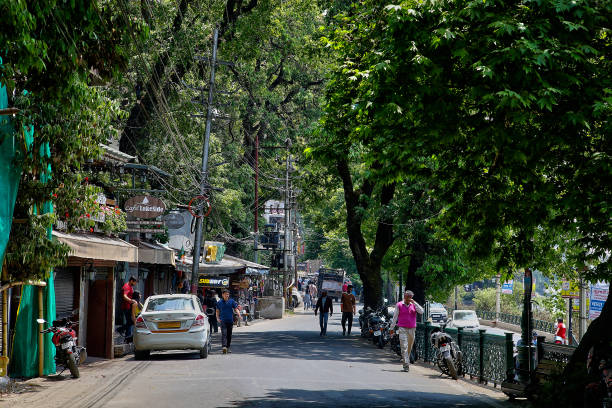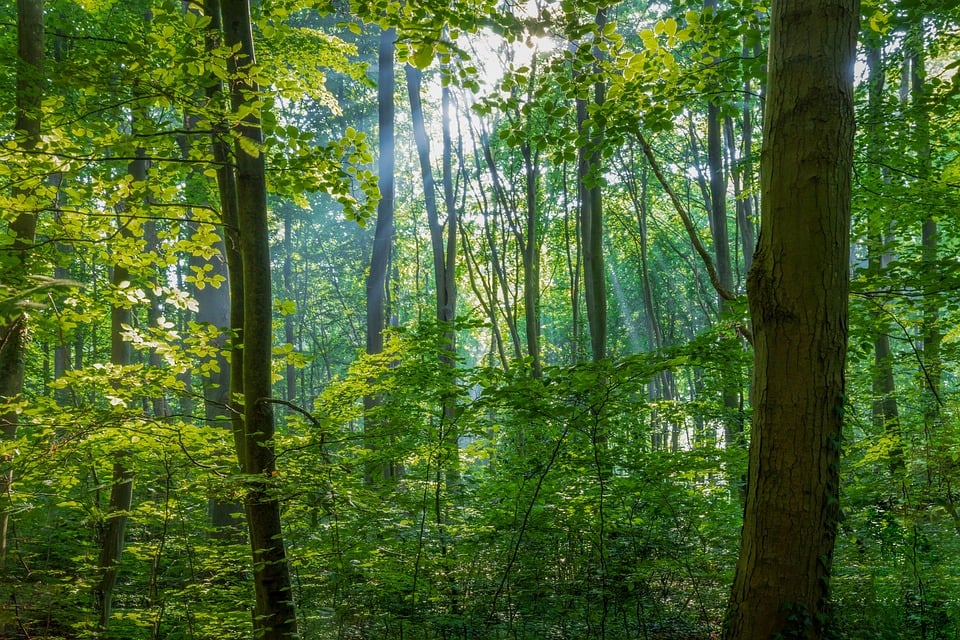While vast forests are often the first image that comes to mind when thinking of trees, urban trees in cities and suburbs play a critical role in tackling pressing environmental issues.
These trees do more than just beautify neighborhoods—they help clean the air, reduce temperatures, and even save money.
Cities face a unique set of challenges, including higher temperatures, poor air quality, and increased noise pollution compared to rural areas.
One effective solution to these problems is the strategic planting of trees in parks, along sidewalks, and on private properties.
Fighting Air Pollution
Urban trees are natural air filters, absorbing carbon dioxide and harmful pollutants, thus improving air quality.
While trees themselves can be harmed by pollutants, they still help mitigate health risks associated with air pollution.
However, reducing emissions from vehicles and industries remains crucial for long-term improvement.
Cooling Urban Heat
Cities without trees often experience the urban heat island effect—areas that are significantly hotter than their rural surroundings.

Trees provide shade and moisture, cooling down neighborhoods and buffering winds. This cooling effect will become increasingly important as climate change brings more frequent and intense heat waves.
Water Conservation and Flood Control
Trees play a key role in managing stormwater by reducing runoff. Their leaves capture rainwater, and their roots absorb it, which prevents water from flowing over polluted urban surfaces and entering streams.
Additionally, trees help remove harmful chemicals from polluted water. Urban forests provide essential habitats for wildlife, particularly birds.
Since 1970, bird populations have declined, and urban trees have become critical in reversing this trend, offering shelter and nesting areas in cities.
More Than Just Environmental Benefits
Beyond their ecological role, trees improve mental health, provide privacy, and enhance the overall livability of urban areas.
As cities expand, increasing urban greenery can help counteract the effects of climate change and ensure a healthier, more pleasant environment for future generations.
Fun Facts:
– Over 20% of the world’s bird species inhabit cities.
– One acre of trees generates enough oxygen for 18 people each day.
– A single healthy tree can store 13 pounds of carbon annually.
– Trees providing shade can reduce air conditioning costs, saving energy.

